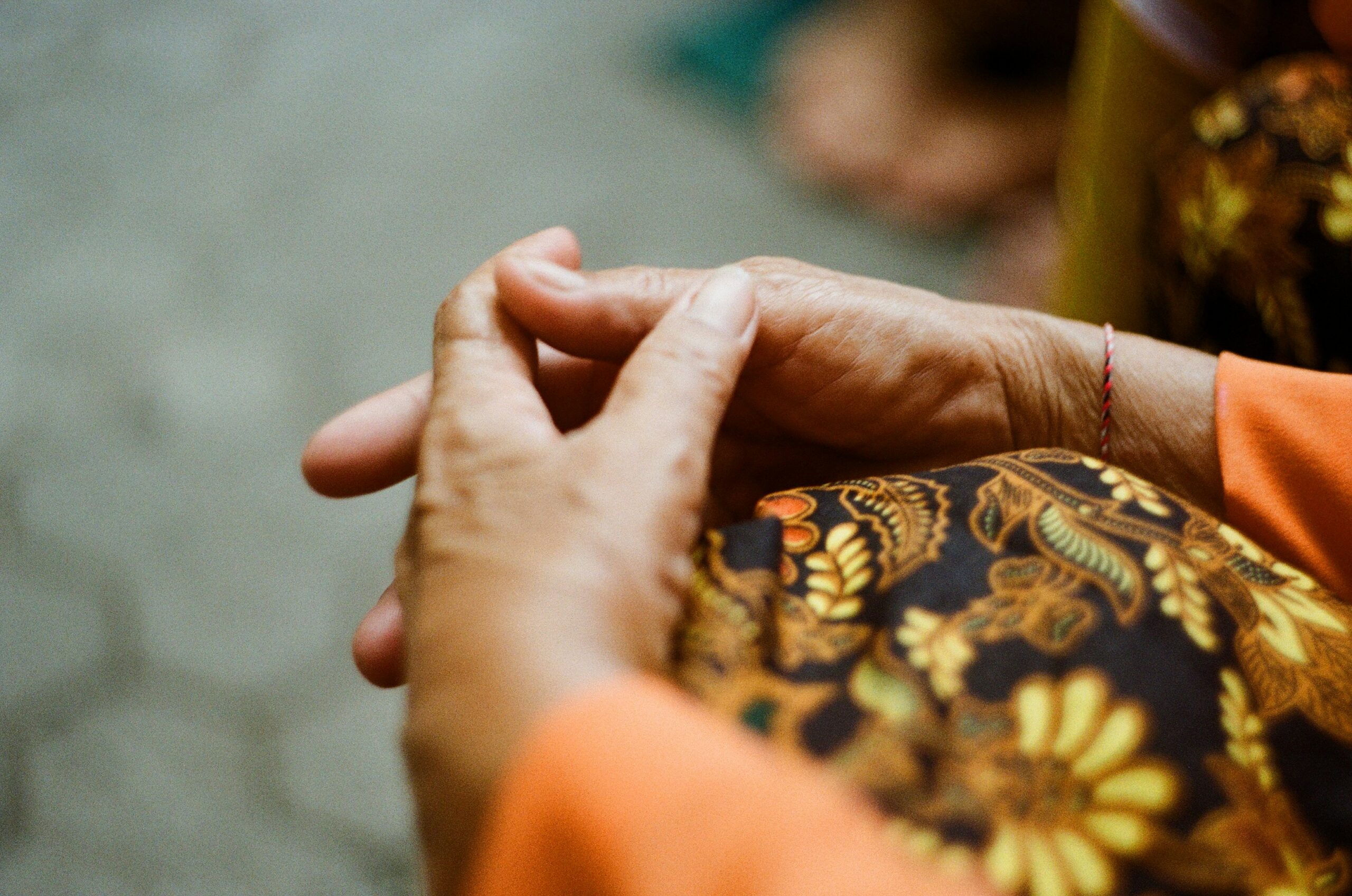Student Resources
The Millie Rotman Shime Academic Bridging Program: A Pathway to Higher Education Since 1967
By Emma Culpeper, M.A.
“After a 30 year break from school, the first essay was the most challenging,” says David Lee Chung, a recent graduate of the Millie Rotman Shime Academic Bridging Program at the University of Toronto. “It was like going swimming after a long, long time.”
David is sitting in my office on a frigid February afternoon, explaining how he came to be studying – and succeeding – at U of T after being away from school for so many years. He wears what appears to be a very warm U of T branded sweatshirt, an item he wouldn’t have needed back home in temperate Mauritius, where he was raised.
David tells me a bit about his earlier aspirations. Although a university education had always been one of his dreams, he quickly became mired in work and financial obligations after finishing secondary school. Watching his sister complete an undergraduate and then a Masters degree, David recalls feeling that something was missing. “I didn’t get my chance,” he explains.
When David moved from Mauritius to Canada in 2012, he began looking at post-secondary options but didn’t yet feel prepared to go back to school. “After moving here, it took me a few years to get myself ready,” he said.
Fast-forward to 2016 when David found himself at an information session for the Academic Bridging Program at the University of Toronto. “I was very impressed,” says David. Listening to program manager Curtis Norman describe the academic supports available to Bridging students, David remembers saying to himself: “I think I will be okay.”
The Millie Rotman Shime Academic Bridging Program, located at U of T’s Woodsworth College on the St. George campus, marked its 50-year anniversary in 2017. Launched in 1967 as the Pre-University Program, it was renamed the Millie Rotman Shime Academic Bridging Program in 2000 with the generous support of the Rotman family.
The program offers an alternative entry point into university for those who’ve been away from school for some time and don’t necessarily meet U of T’s requirements for direct entry. The program itself – which students can elect to take over the course of four or eight months – helps to bridge the gap between students’ prior education and the academic expectations of university-level course work. Students who successfully complete the program are admitted to the Faculty of Arts & Science and are on track to pursue a Bachelor’s degree in the Humanities and Social Sciences.
The transition to university life can be a steep adjustment for students who have been away from school for some time, but Woodsworth offers a host of academic supports to help ease this transition. David attributes his academic success in part to these supports. He received one-on-one help from a learning strategist and attended academic skill building seminars which quickly got him up to speed. “I didn’t know there would be so much support,” he says. “I attended a lot of seminars on essay-writing and research skills that were very valuable.”
As an older student, David feared feeling out-of-place in the classroom. But now, he says that being in class with younger students is a highlight for him. “Listening to the discussions in class, I find the younger students to be very smart,” David says. “It is interesting to hear about their world views.”
David enrolled at Woodsworth intending to study art history, but his interests have broadened considerably since beginning his studies. This year, he’s taking classes in Diaspora and Transnational Studies, Indigenous Studies and Religion. A highlight for David this year was a class called Cities and Urban Life, offered through the Department of Geography and Planning. He also has a growing interest in Industrial Relations.
During his Bridging year, David noticed a certain camaraderie in the class that helped to create lasting social bonds. He has since found other ways to meet people and feel at home on campus. “First Nations House is very welcoming and homey,” says David, “and the student lounge at Woodsworth is welcoming as well.” He attends the free movie nights held at Innis College every Friday, and especially enjoys the discussions that follow.
David tells me that he has begun to think differently since studying at U of T – even his interpretation of film has deepened. “You will never read the same way again: you will always look for the thesis statement, even when watching a movie or documentary,” he explains. No longer a passive reader or viewer, David now regularly unpacks what he reads and sees. “I’m more analytical in my reading,” he adds.
This new breadth of thinking has allowed David to contemplate career options that wouldn’t have seemed possible before. He tells me that he’s interested in working with older adults from various cultural backgrounds. In particular, he would like to help document the personal narratives of Canadians who have immigrated here from all over the world.
In the long-term, David intends to continue studying as long as possible. He hopes to pursue a combined MA/ MBA degree at the University of Oxford, England. “I would like to study ethnicity in a place where there is lots of diversity,” he explains.
I ask David if he has any advice for those considering the Academic Bridging Program. “Attend the information session,” urges David. “I don’t think there is any age limit for learning. The Academic Bridging Program has opened up my horizons and it’s been the best decision I’ve made in my life.”
Please visit wdw.utoronto.ca/academic-bridging to learn more about the Millie Rotman Shime Academic Bridging Program. Applications for the fall session will open in May 2019.




